Autumn Statement: Stef & Church Action on Poverty’s response
This is Church Action on Poverty's response to the 2023 Autumn Statement, from campaigner, researcher and writer Stef Benstead.
Stef is a trustee for Church Action on Poverty, author of Second Class Citizens: The Treatment of Disabled People in Austerity Britain, and a member of Manchester Poverty Truth Commission.
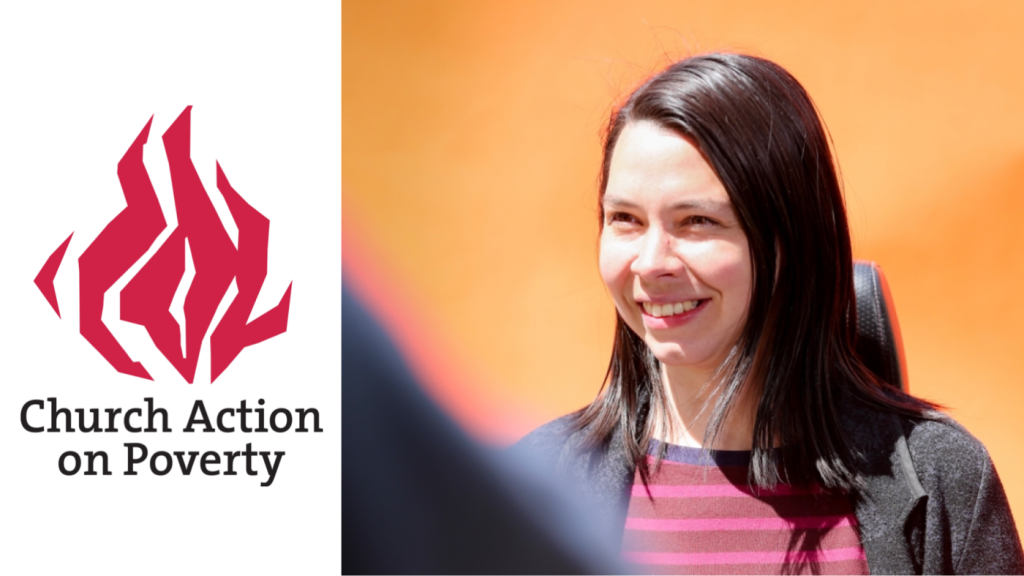
The Government has yet again come up with policy ideas that don’t match the reality of benefit recipients’ lives. Some of what they say sounds good until you realise what the actual issues are. Some of it only sounds good if you think that the right way to help people is to punish them into doing what you want.
A lot of it is very frustrating to anyone who has read the Government’s own research, because their policies tend to be the opposite of what their research says.
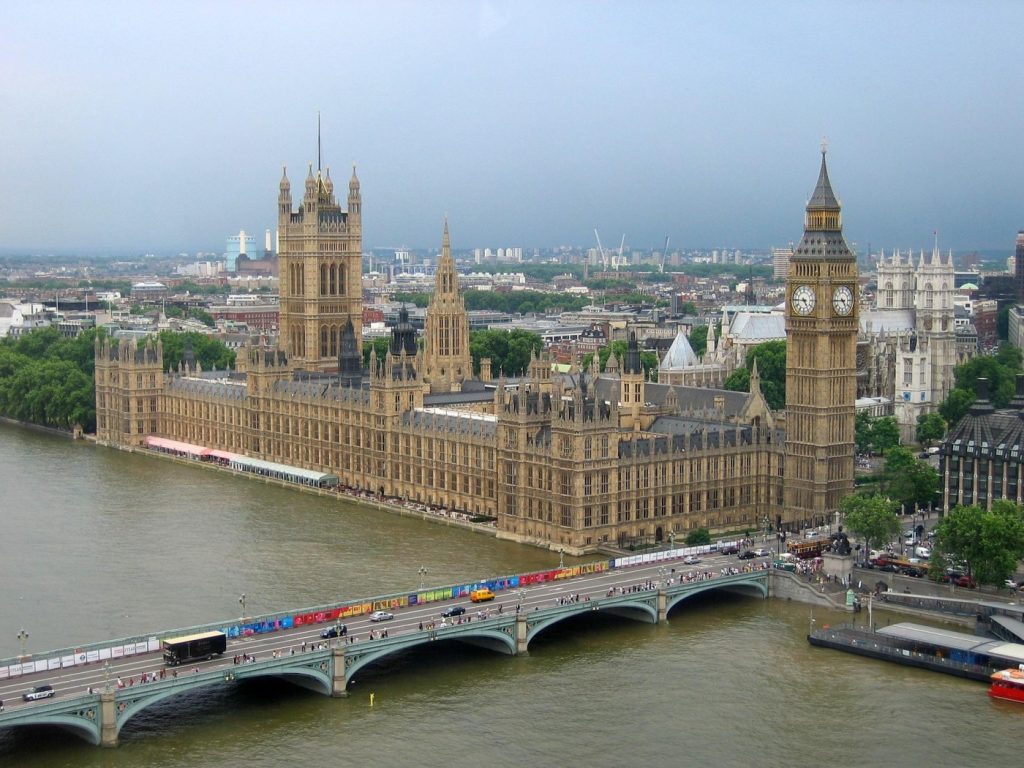
Government needs to learn the realities of Universal Credit
The Government is saying it will kick people off all support, if they are on an open-ended sanction for six months and don’t get any money for housing or other issues in their Universal Credit. In their head, I imagine they are thinking of young adults living with their parents, and these young adults are just not bothering to look for work.
Actually a lot of these young people may already not be claiming benefits at all! Instead the people the Government are talking about could be people who are living in temporary accommodation, B&Bs, hostels, refuges, or sheltered or supported accommodation. They might be sick or disabled, but not have this recognised by Universal Credit because they’re not deemed ill or disabled enough. They might have shared caring duties, but again not have it recognised by Universal Credit because the other carer is claiming those duties on their benefits.
Precisely because their extra challenges aren’t recognised by Universal Credit, these people can be some of our most vulnerable. And now the Government is saying it wants to make these people’s lives even harder by kicking them off benefits completely, just because the challenges of their lives make it difficult for them to do anything and everything a work coach might decide to impose on them.
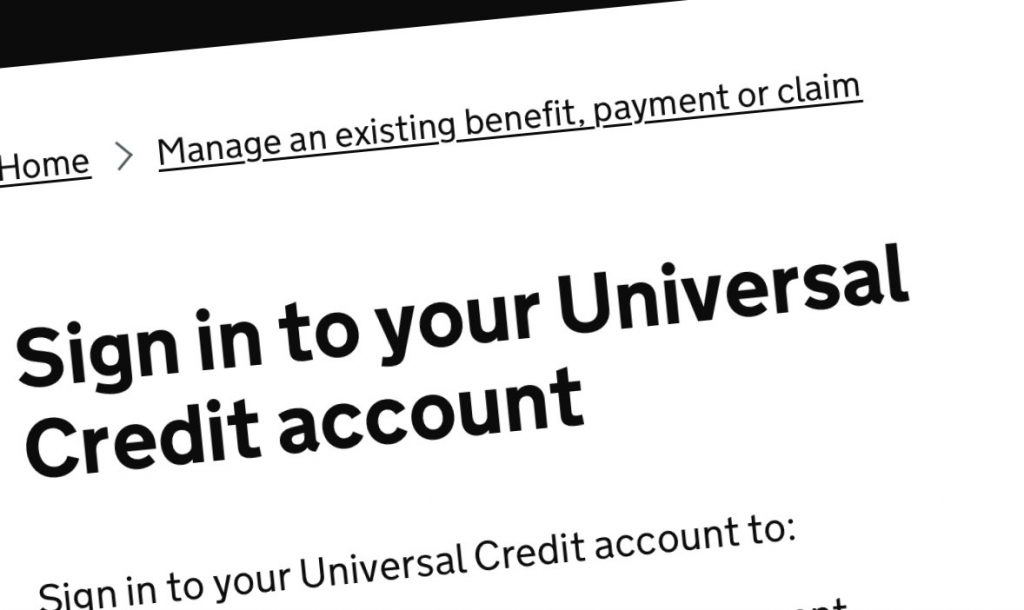
Government has responsibilities
The Government wants to force people to take unpaid work placements at private companies. The Government tried this ten years ago, and it went down really badly. The public objected to the idea that private companies should profit off forced labour in this way, and that jobseekers should be forced to take low-skill, entry-level activity instead of doing meaningful activity like volunteering. It is crazy that the Government is trying to reintroduce such a bad idea.
The whole ethos of Government ought to be about building an economy with enough jobs and where jobs are decent, and where we look after people rather than making people’s lives as poor and miserable as possible in the belief that this will somehow create enough jobs, and the right sorts of jobs, in the right places. Government likes to talk about rights and responsibilities – let’s talk about the Government’s responsibility to make sure there is a decent standard of living for everyone.
Government should value volunteering
For people seeking work, I’d love to see a Government that valued and prioritised volunteering. One option would be for the Government to treat every hour of volunteering as two hours’ of jobsearch when it comes to applying conditions to jobseekers. This would recognise that people want to work and want to make a meaningful contribution to their community and society. It would recognise that actually, doing 35 hours of jobsearch every week for weeks on end is pretty meaningless and de-skilling, and helps no-one.
Valuing volunteering would benefit communities, by having useful activity carried out that otherwise doesn’t get done. It would benefit jobseekers, by giving them meaning and purpose in their life, and allowing them to practice skills that could actually lead to a decent job. The Government should be actively pursuing ways to enable jobseekers to engage in voluntary activity like that. It should be the key stream of the job-related support that they offer.
For people who are too sick or disabled to be able to support themselves through paid work, it is more than time that the Government recognised that we actually exist. It is so frustrating to see the Government complain that we aren’t forced to look for work, when all of the Government’s own research shows that people who are less sick still really struggle to get and maintain paid work.

We need the freedom to manage our lives
The Government complains that we’ve been abandoned, when actually the freedom to manage our lives in accordance with our health needs – and not in accordance with the demands of a paid job – is so important.
The Government should be declaring that it wants to enable sick and disabled people to live a fulfilled life, and that it will support us in whatever activity we can engage in – voluntary work; community or religious participation; taking part in family life – and that it will ensure we can access timely, quality healthcare. This does not mean more CBT (cognitive behavioural therapy).
A challenge to Christians and churches
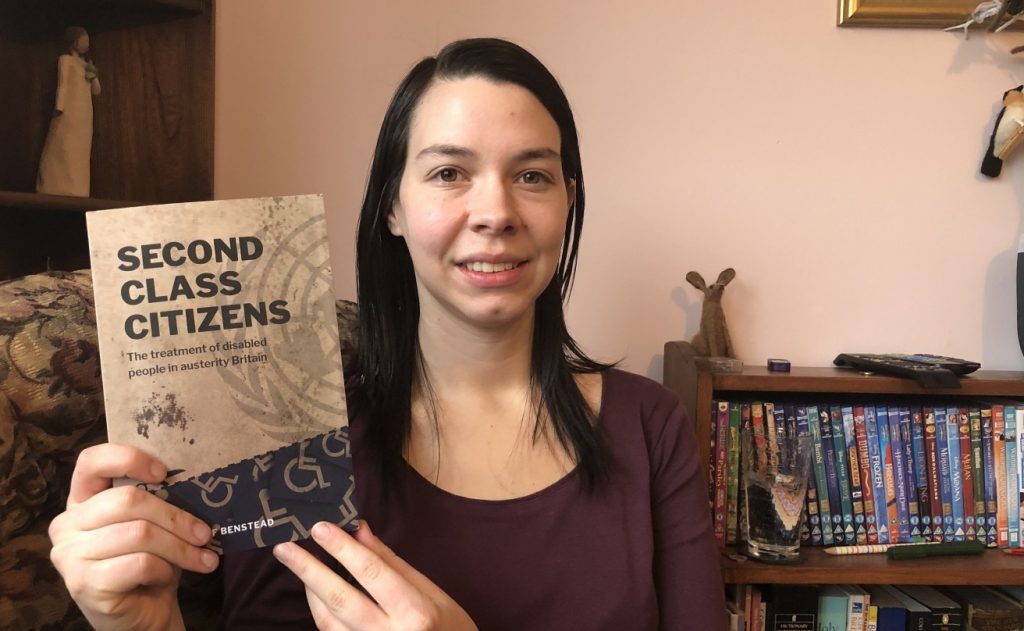
To Christians, I want to say that God is very clear that He expects leaders to look out for the people they lead. Ezekiel 34 is a whole chapter condemning selfish shepherds and fat sheep for abusing the weak, sick, and injured and for acting harshly and brutally. God frequently pulls leaders up for not acting to ensure justice and the wellbeing of the poor. Government should be looking out for people in society who are struggling and making sure people in power are not exploiting others.
The society that God set up for his people was one that made sure people always had access to a home and a means to live. God used laws around debt, interest, employment, and Jubilee to ensure that everyone was provided for.
The principle is a society making sure everyone has a stable home to live in and a means of income, through work or other financial support. These are principles that Christians should be calling for and pressing Government to provide. Governments have failed to do this for decades and this is a matter of justice. Churches should be challenging Governments when they fail.

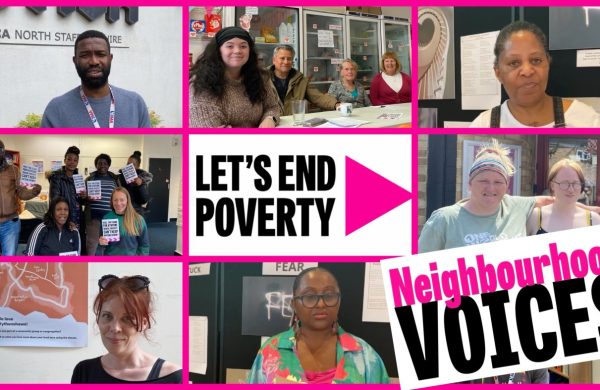
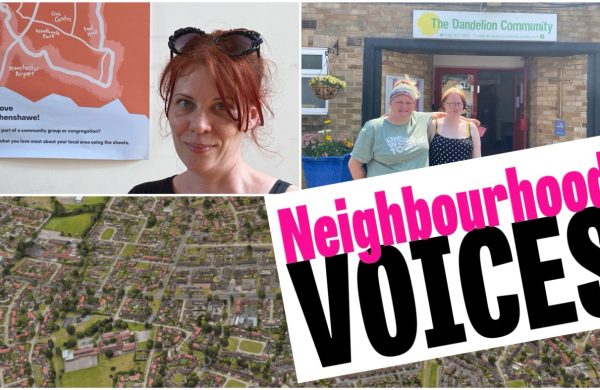
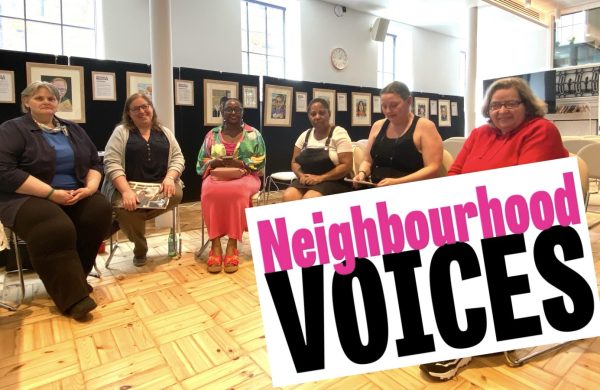
Comments (02)
Comments are closed.